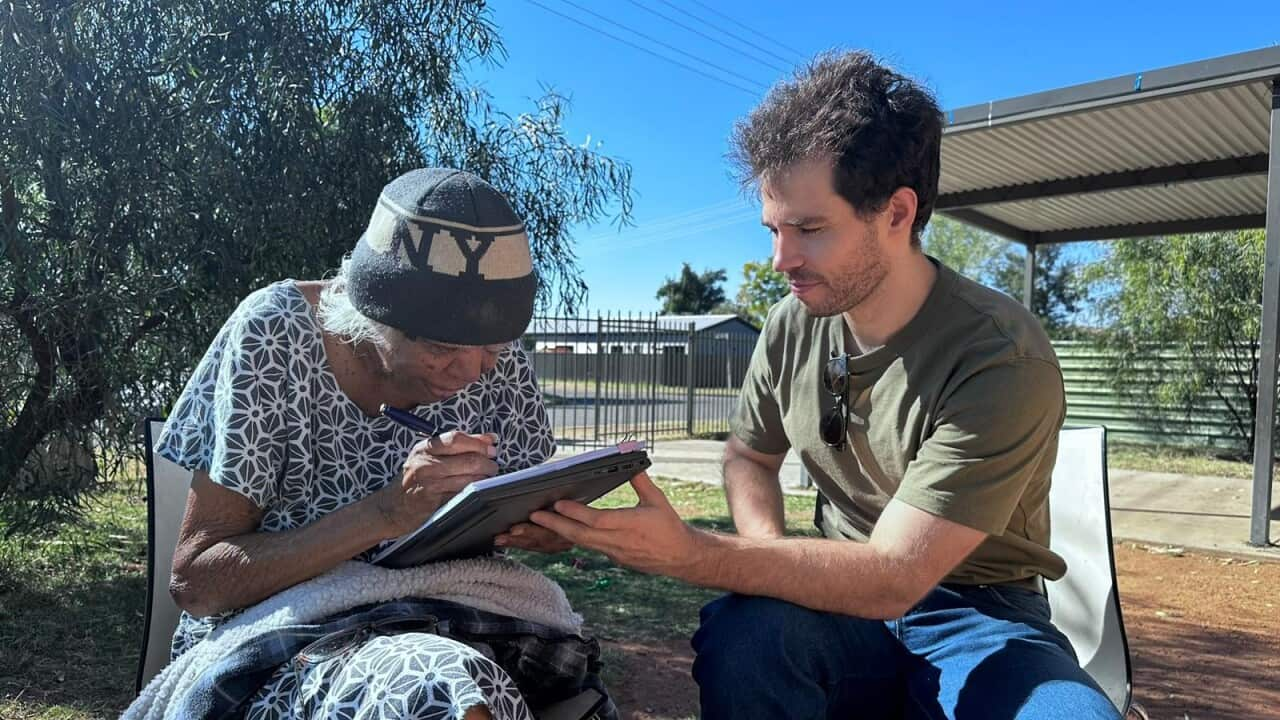Former Indigenous Australians Minister Ken Wyatt has warned commonwealth, state, and local governments they could all face class actions for failing to close the gap in the next few decades.
Speaking to NITV’s The Point as part of its election special, Mr Wyatt argued there was a clear government endorsement for the plan.
“With the Closing the Gap agreement, and I could be legally wrong, however the Commonwealth cabinet signed off on the agreement, so did national cabinet, and state and territory cabinets,” he said.
“20 years’ time from now I think it’s quite feasible someone could go to a class action lawyer and say all tiers of government have failed, therefore could you take a class action on our behalf.”
The National Agreement on Closing the Gap was signed in 2020, with the federal government finalising its implementation plan in 2021.
It's like the stolen wages, it’s like the Stolen Generations, and many other programs for which governments have been sued.
The agreement is a partnership between all levels of government and the Coalition of Peaks, an organisation representing Indigenous peak bodies.
While there have been some improvements in the years since the agreement, just five of the 19 socioeconomic targets are on track to be met.
“Governments would have a problem if they can’t show they have demonstrably attempted to address those targets,” Mr Wyatt said.
“It's like the stolen wages, it’s like the Stolen Generations, and many other programs for which governments have been sued."
Legal expert weighs in
Waanyi and Kalkadoon barrister Joshua Creamer, who specialised in human rights class actions, agreed with Mr Wyatt’s assessment.
"I can tell you the horse has already bolted on that,” he told The Point.
"Class actions are big cases, they're hundreds of millions of dollars, and sooner or later I think governments will have to acknowledge and accept they'll have to work differently."
Mr Creamer highlighted his involvement in several existing class actions, ranging topics from housing in the Northern Territory to child protection in Victoria.
"There's several class actions out there already dealing with issues relating to closing the gap and there's only going to be more and more of those as time goes on,” he said.
“A lot of those are about discrimination and the delivery of services, and the negative impact that has in the Aboriginal and Torres Strait Islander communities.”
Funding dysfunction
Mr Wyatt also gave a rare insight into the operations of executive government, detailing difficulties he’d had in getting funding for Indigenous communities while he was a minister.
He said requests for funding from First Nations communities would often be diverted to his Indigenous affairs budget, regardless of whether other portfolios should bear responsibility.
"When I asked for infrastructure funding, I never received it because I was told to take it out of the Aboriginal affairs budget. That’s the subtle focus on Indigenous people - use indigenous money, as opposed to ‘yes this is a need in my portfolio, we should be addressing it’.
You cannot say that ministers across this nation will embrace Indigenous issues within their portfolio and expend portfolio money on needs that are absolutely necessary.
As Australians head to the polls, the Noongar, Yamatji and Wongi man said politicians had a responsibility to engage with all people they represent – including Indigenous communities.
“You need to get out and know your electorate … whether they’re vote Labor, or Liberal, or independent, go and vote for the people you represent,” Mr Wyatt said.
See more on The Point tonight at 7.30 on NITV, or SBS On Demand.






